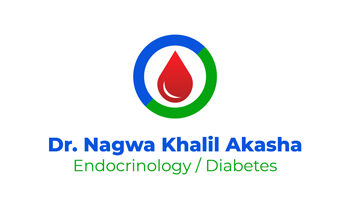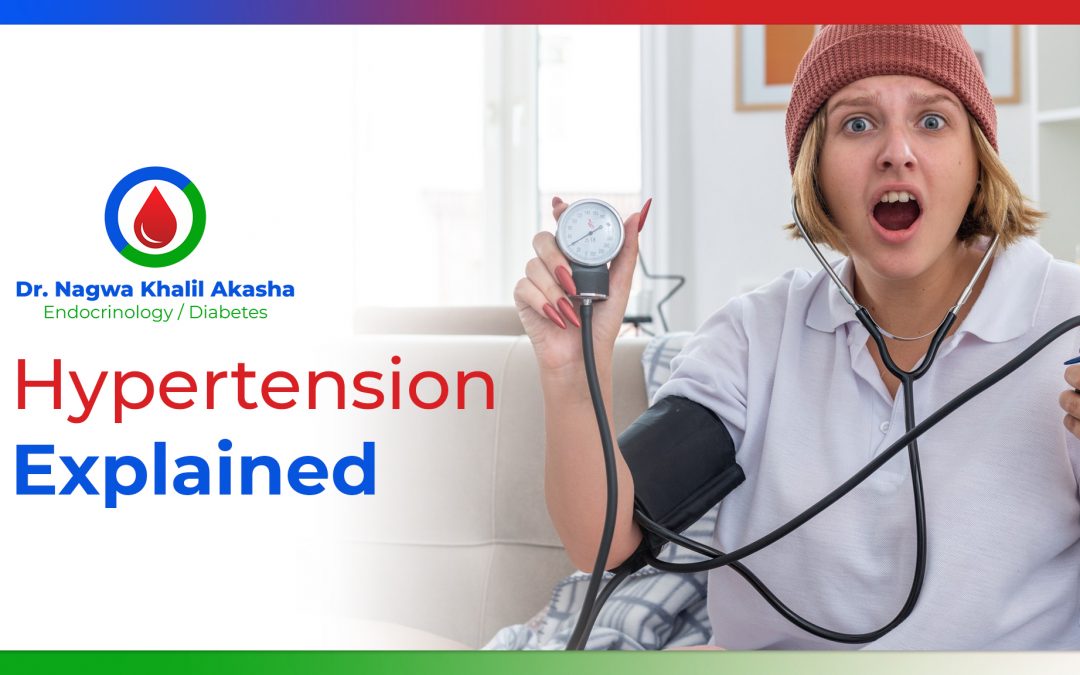Explaining Hypertension
The pressure of blood in the human body changes throughout the day depending on the activities performed by our bodies. Having a blood pressure level consistently higher is a condition called Hypertension or High blood pressure.
High blood pressure can become the cause of critical health ailments such as heart attack, stroke, and other heart diseases.
How to diagnose hypertension / high blood pressure?
Normal blood pressure readings as per the American heart association are defined as 120/80 mm Hg. A systolic blood pressure reading above 140 mmHg is considered hypertension.
Blood pressure – whether low or high can be easily detected and managed. Most people with high blood pressure have no symptoms or signs of any critical disease. However, uncontrolled high blood pressure doubles your risk of serious health problems, including heart attack and stroke. If you are frequently experiencing high blood pressure symptoms then consider taking consultation from your doctor.
High blood pressure can be controlled without medication and with lifestyle changes. It can’t affect a person unless and until it reaches a life-threatening stage.
There are two types of Hypertension:
Primary Hypertension
There is no defined cause for Primary Hypertension. Around 90% of adults have primary hypertension with no critical health issues.
Secondary Hypertension
The most important causes include endocrine disorders, kidney problems, alcohol abuse, adrenal gland tumors, and sleep apnea.
Risk Factors of Hypertension
There are several factors that directly or indirectly may impact your blood pressure. Those factors can be following:
Age: The risk of high blood pressure increases as you age. Until about age 64, high blood pressure is more common in men. Women are more likely to develop high blood pressure after age 65.
Family History: High blood pressure tends to run in families.
Being Overweight and Obese: Being overweight and obese is one of the reasons for hypertension. The body of an overweight or obese person requires extra blood to supply oxygen and nutrients to your tissues.
Sedentary Lifestyle: People who have a sedentary lifestyle and are physically inactive tend to have higher blood pressure. A higher heart rate makes it difficult for your heart to work with each contraction and causes a stronger force on your arteries.
Extra Saltish Diet: An excessive amount of salt (sodium) in your diet may cause your blood to retain fluid, which increases blood pressure.
Usage of Tobacco: Smoking or chewing tobacco immediately raises your blood pressure and the chemicals in tobacco can damage the lining of your artery walls.
Alcoholism: Drinking alcohol immoderately can also cause high blood pressure and heart diseases.
Recommended Countermeasures for Hypertension
- Practice relaxation or slow, deep breathing
- Eating a healthier diet with less salt
- Exercising regularly
- Quit smoking
- Limiting the amount of alcohol intake
- Maintaining a healthy weight or losing weight if you’re overweight or obese
- Consume a diet rich in fruit and vegetables (e.g. at least five portions per day)
- Take your medications properly
- Adopt healthy habits
- Manage stress

